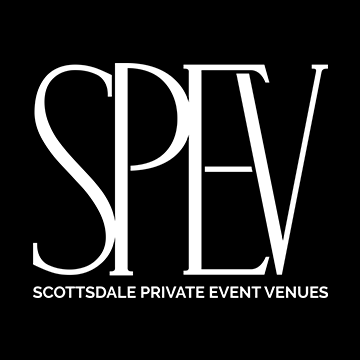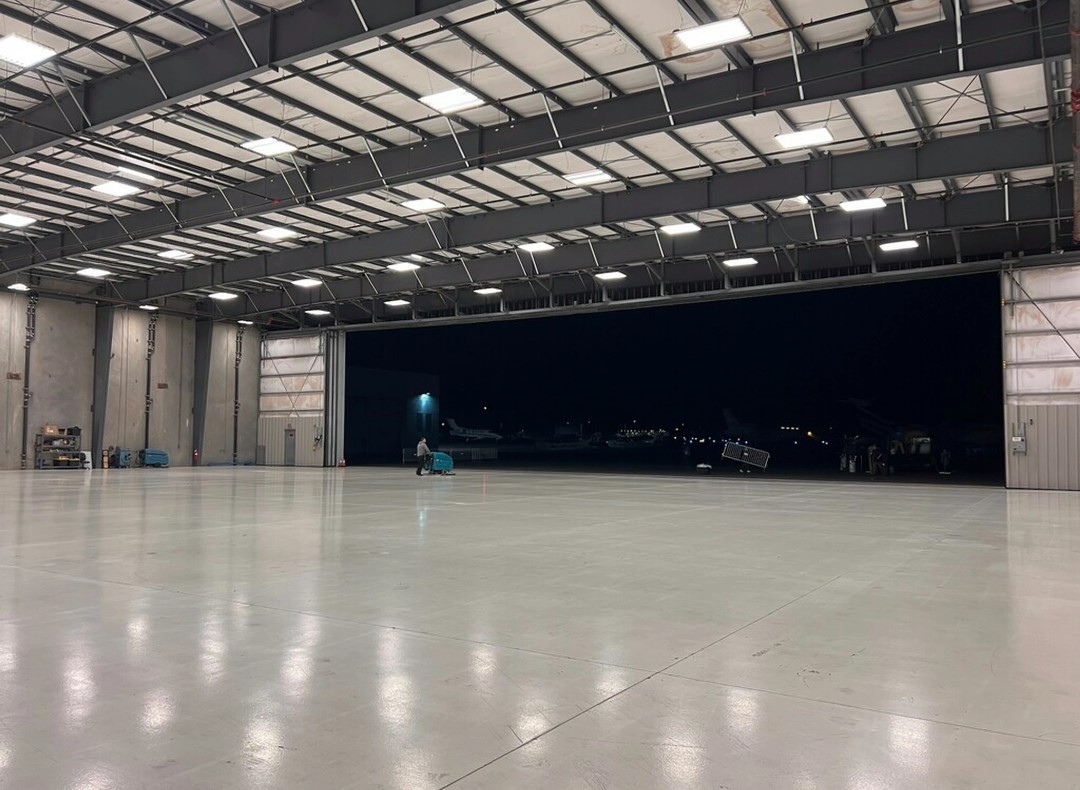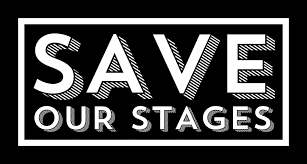The Dry Hire Venue Guide Although there are certainly many venues out there that can provide everything that an eventprof could need to cater for and invigorate guests there are also times when a higher level of flexibility and control is required. For such occasions, event planners can look to ‘dry hire’ a venue, which if planned carefully will offer the freedom they need to create a very special event.
As Julius rightly says, “Choosing a venue is without a doubt a decision that can make or break your event” and this is especially true with dry hire venues, largely due to discrepancy between venues rules and assumptions that event planners can make. The purpose of this blog post is to give you some insight into this approach and to help you avoid finding yourself in a situation that will cost you lots to fix, or cause you unnecessary stress. Many of the points are also true of hiring a venue in general as well!
So What is a Dry Hire Venue?
When booking a venue, the term “Dry Hire” means that the client pays for the use of the venue space only, generally with food and beverage, furniture, staffing, audio-visual equipment, decorations and theming being organised externally by the client rather than the venue.
You might think of it as hiring the space as an empty shell, as opposed to using extras that are provided or recommended by the venue. Some venues are only available to dry hire, whereas others offer it as an option, or do not allow it at all.
Different venues will include different things (in-house furniture for example) and have different rules (some venues require that you hire their kitchen porters, as they know where everything goes), so it is important to understand this and know what to expect from your venue from the very beginning.
Serious problems can arise when event planners’ discover that their booked venue has restrictions that hinder their event, or unexpected costs that have not been budgeted for.
Advantages and Disadvantages of Dry Hire
When faced with the choice of dry hiring a venue, it is important to understand the benefits and drawbacks of the approach:
Dry hire offers greater control but demands more responsibility
Obviously dry hire venues give event planners a higher level of control, making it a great option for highly personalised events such as weddings and product launches. Remember that with great power, comes great responsibility and the entire process of organising the event will be down to you, with more work, potential problems and variables. People with little or no experience organising events will need thorough planning and good project management skills to make the event a success.
Be aware of the fact that venues with a lot of character and built in decoration, such as historic buildings or museums, can be hard to theme without appearing tacky or excessive.
Dry hire offers a greater choice of suppliers but often with less experience working at the chosen venue
A large number of our dry hire enquiries stem from a desire to use specific caterers, such as those that have catered for family weddings or corporate events over a number of years, or to provide cuisine with cultural significance, in which case dry hire can be a great solution.
There are, however, benefits in using a venue’s regular suppliers (including in-house caterers) who are familiar with the layout, understand access restrictions and have handled any issues that may have arisen in the past. If you are not emotionally attached to a caterer then at least consider using the venue’s usual suppliers.
Dry hire can cost less… or more
One bonus of a dry hire venue is that the costs are often reduced, as simply paying for the venue without staff and catering reduces the overheads. Clients often consider this option if their team are able to cover certain duties themselves, or when the event does not require much catering, or when they have a good catering deal elsewhere.
Please note that this is not always the case, as some venues are in fact more expensive to dry hire. For example, some venues with in-house catering, may charge a significantly higher amount to dry hire, as the venue has to cover the lost revenue that would be gained from catering spend. You may need to negotiate hard, particularly if you are on a tight budget.
Dry Hire Pro Tips
If you decide that a dry hire venue is right for your event then here are a few useful points that we like to highlight to our clients:
1. Have a Clear Vision for your Event
From the very beginning, you should have a clear vision for your event and an understanding of the various elements involved, so that you can establish straight away whether the venue will be able to accommodate. If the venue has restrictions that may hinder your event, you need to find this out before you sign on the dotted line, as changing venue after that point can be very expensive.
2. Carefully Discuss the Details with the Venue
Once you know what you need, discuss everything in great detail with your preferred venue. We recommend meeting at the venue itself, walking through the space and detailing everything that you want to happen and who you want to do it, which will unearth any potential problems.
3. Find Out Exactly What is Included
Some venues will have a detailed document with dry hire FAQs and equipment lists, so ask for that first (if any venue-side event manages are reading this, it is a great idea and something that has saved me a huge amount of time in the long run).
Specific things to check include:
- Exactly which spaces and facilities are included.
- What furniture and equipment is included (don’t assume that the tables you see at your viewing are included as they may not be, or may even have been hired externally for another event that day!)
- Who will supply linen, cutlery, service staff, kitchen porters?
- What staff members will be included? Aside from catering staff think about cloakroom attendants, security, event managers, kitchen porters, cleaners…)
- What kitchen space and equipment will be available?
4. Introduce Everyone
Most caterers and suppliers will have worked at a huge number of venues and will be able to iron out the details very quickly. If possible, take a representative from each of your suppliers to meet with the venue, as they will be able to ask questions specific to their needs and will often highlight issues that had not even considered, or taken for granted.
In Conclusion
Dry hiring a venue will often be the best choice for many events and the trick to getting it right, as with many things in the world of event planning, is communication. Understand and






















